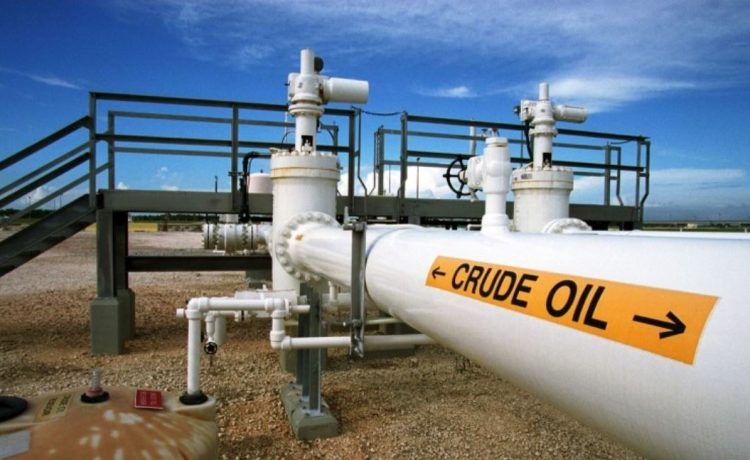According to the latest trade report by the National Bureau of Statistics (NBS), Nigeria’s total exports soared by 201.8% year-on-year (y/y) in Q2-24, reaching NGN19.42 trillion, up from NGN6.44 trillion in Q2-23. This significant growth was also seen on a quarter-on-quarter basis, as exports in Q1-24 stood at NGN19.17 trillion, demonstrating steady export momentum.
Crude oil exports, which made up 75% of Nigeria’s total exports in the quarter, were the key driver of this growth, surging by 190.9% y/y to NGN14.56 trillion, compared to NGN5.01 trillion in Q2-23. This rise is in line with the increase in crude oil production, which averaged 1.41 million barrels per day (mb/d), higher than the 1.22 mb/d recorded in the same period last year. Despite the volatility in global oil prices, Nigeria’s crude production remained a strong contributor to the trade balance.
In addition to crude oil, exports of other oil products rose dramatically, increasing by 293.5% y/y to NGN2.92 trillion, up from NGN740.74 billion in Q2-23. The primary reason for this spike was the higher export of refined petroleum products, which further boosted Nigeria’s overall export performance.
While total imports in naira terms also grew by 97.9% y/y, reaching NGN12.47 trillion in Q2-24 (Q1-24: +54.3% y/y), the story was different in dollar terms. Imports declined by 26.2% y/y to USD8.97 billion, down from USD12.15 billion in Q2-23. The drop in imports reflects reduced petroleum imports and the ongoing effects of foreign exchange (FX) liquidity constraints, higher import duties, and weaker domestic consumption, particularly in non-oil imports.
As a result of these factors, Nigeria’s trade balance maintained a strong surplus of NGN6.95 trillion in Q2-24, a sharp increase from NGN133.18 billion in Q2-23 and NGN5.20 trillion in Q1-24. Analysts predict that Nigeria’s trade surplus will likely persist throughout 2024, with crude oil production expected to remain robust amid global price volatility. Additionally, total imports may continue to be constrained by FX challenges, particularly as domestic refining activities increase, reducing the need for imported petroleum products.







